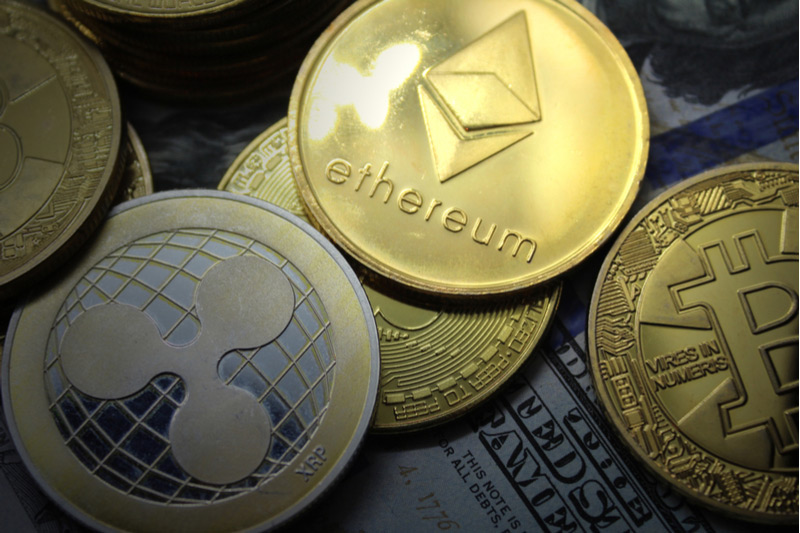Katherine Tai, the Biden administration’s most senior trade official, has called on the EU to introduce subsidies as she offered a trenchant defence of the US’s bumper green energy package that critics say unfairly supports its own manufacturers.
The White House’s Inflation Reduction Act, a $369bn flagship package to spur investment in green technologies, was signed into law in August, offering subsidies and tax credits for US-manufactured products ranging from solar panels to electric vehicles.
Tai, the US trade representative, said in an interview with the Financial Times following a meeting with European ministers in Prague that she was “extremely proud of the investments [in a clean future] that we have made as the Biden administration”.
However, Tai’s counterparts in the EU and other US allies, including South Korea and Japan, have hit out at the act, claiming it contravenes World Trade Organization rules and risks robbing them of investment in green technologies. The combination of the IRA and higher European energy prices is leading some manufacturers to consider shifting their operations from the EU to the US, exacerbating transatlantic trade tensions at a time of global geopolitical uncertainty.
Tai countered criticism of the act by calling on the EU to step up support for its manufacturers and reduce reliance on China for strategically important products in the process.
Alongside the IRA, Washington passed a $52bn Chips and Science Act over the summer, aimed at reducing US reliance on imports of crucial goods such as semiconductor chips by bolstering domestic investment. The EU has announced similar measures, which Tai suggested Brussels should build on to develop a new industrial policy alongside the US to counter the threat China posed.
“Our vision is for an industrial policy that isn’t just about us, but is about complementing the work with our friends and allies to allow us to together build a resiliency and to wean us off some dependencies and concentrations that have proven to be so economically harmful over the last couple of years,” Tai said.
She added: “Avoiding a race to the bottom on subsidies will help us to deconflict so that we’re not each reinventing the wheel on our own and to look at our comparative strengths so that we can build this resilience together.”
Japan and South Korea could be included in this anti-China partnership, Tai said.
Her remarks are unlikely to smooth relations with European officials, who will next week meet their US counterparts in a task force set up to broker a deal over the IRA. Josef Sikela, the Czech economy minister chairing Monday’s meeting of EU ministers in Prague, said the act was “unacceptable” and the EU wanted the same treatment as Canada and Mexico, whose companies are treated as American for the purposes of a $7,500 consumer discount on electric vehicles.
Tai refused to say if that would be possible. However, she claimed there was “political will and commitment from the highest levels of our government” to reach a deal.
“I have every confidence that we will be able to work towards a resolution,” she said.
However, it remains unclear what concessions could be made to the EU and other allies without involving Congress, which is unlikely to reopen the act.
EU officials recognise that President Joe Biden wants to rebuild his country’s industrial base — a policy seen as essential in shoring up the Democrat vote.
But they believe Washington must offer concessions to EU companies. A joint meeting of the Trade and Technology Council, a transatlantic forum set up to align regulations, on December 5 is seen as a deadline for progress, one EU official said.
Valdis Dombrovskis, Brussels’s trade commissioner, on Monday said the IRA “may discriminate against EU automotive, renewables, battery and energy-intensive industries”. He said he favoured a negotiated settlement but could pursue a complaint at the WTO as a last resort.
Todd Tucker, a director at the left-leaning Roosevelt Institute think-tank, downplayed the EU’s complaints. “There’s a lot of market share on the table as production shifts away from China,” said Tucker. “Until we have way too many EVs on the market, there’s not really a lot of reason to be complaining about each others’ subsidies.”
The EU said Brussels did not want to bring the case to the WTO and risk a trade war when the US’s and the EU’s foreign policy priority is presenting a united front against Russia.
Tai said the EU and US had a shared view on “the economic competitive challenge from China”.
However, Brussels has not joined in on punitive measures aimed at Beijing, such as recent US controls on chip exports, instead preferring to rely on domestic incentives to counter China. German chancellor Olaf Scholz recently pushed for Chinese state-owned shipping conglomerate Cosco to be able to buy a stake in a container terminal in Hamburg.
Tai said the administration was “following closely” the developments, but added that policymakers in Berlin were not “naive” about China.
“The EU and US have to be very candid with each other, very open and communicative to ensure that we are maximising our co-operation because no single one of us can or should go it alone,” she said.















